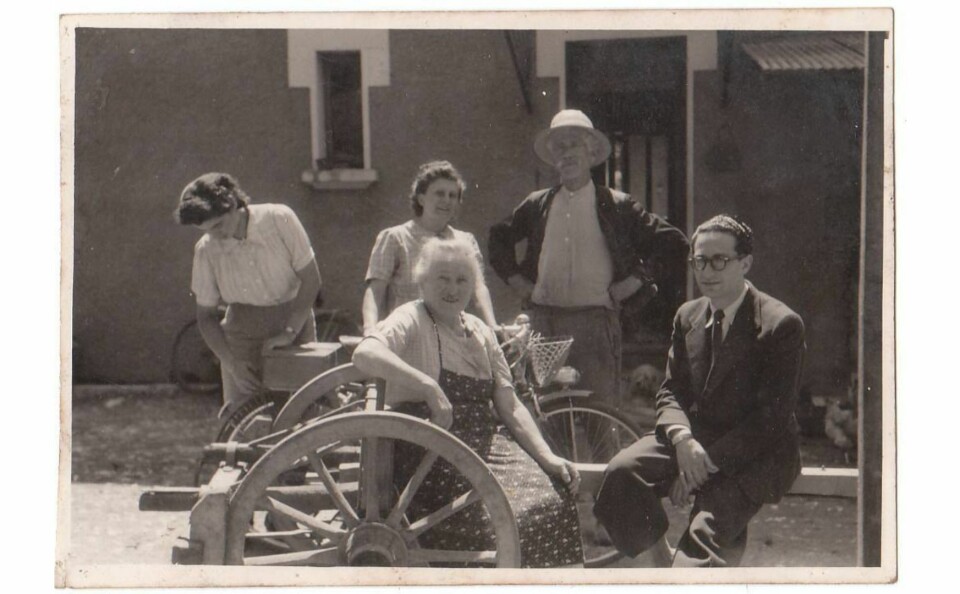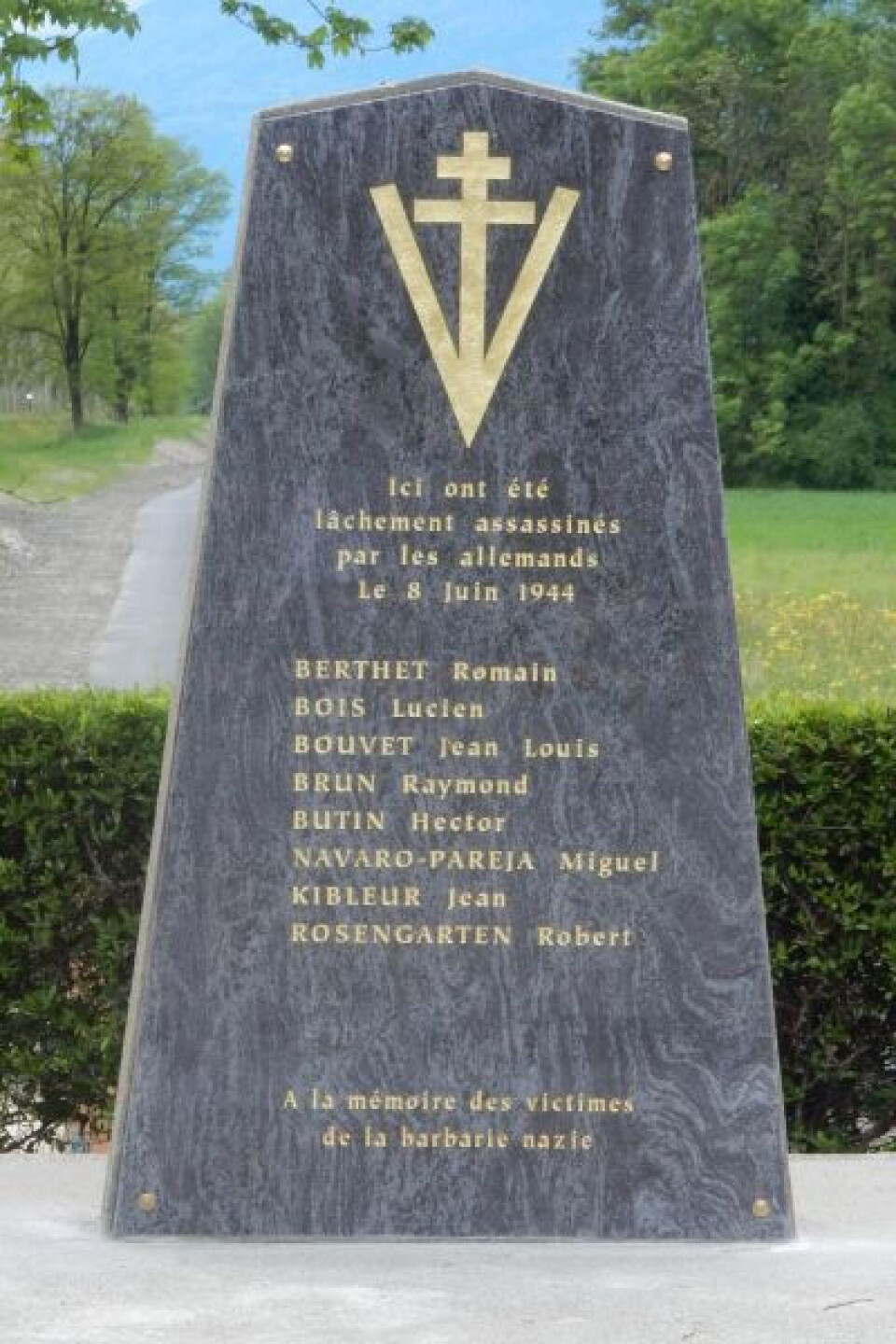-
Record river levels, more evacuations: Latest on flooding in south-west France
Alerts are in place across five departments and residents in some areas are told to stay home
-
French second-home visa issues raised in House of Lords
British people experience an "expensive and bureaucratic process" to continue living in France
-
More than 5,000 French communes use AI to identify poor rubbish sorting
Badly-sorted rubbish can cost millions so communes are turning to high-tech solutions
Nazi victim ‘Mr X’ identified 79 years after French village shooting
A tragic mystery has been solved - and an elegantly dressed stranger can be properly remembered

A group of local historians have identified a man known only as ‘X’ on their village war memorial as pharmacy technician Robert Rosengarten and added his name to the monument.
Denise Cunit, a member of the Cruet Nature et Patrimoines association, based in Savoie, said: “To give him a name is to give him a second life.”
Ring, watch and tortoiseshell glasses on eighth body
The mystery began on June 8, 1944, as members of the Resistance were transported from Curial prison in Chambéry.
“The vehicle stopped in Cruet. Seven people got out and were shot. When locals arrived to collect the bodies, there were eight of them,” Ms Cunit said. They also found a bicycle of a quality brand that nobody in the village owned.
“The eighth body had a bicycle clip, and was different from the others. They were dressed like maquisards, but the eighth was elegantly dressed.
“He had a ring on the little finger of his right hand, a watch, and tortoiseshell glasses.”
Read more: President Macron pays tribute to Resistance leader Jean Moulin
Photo proved they had their man
The rest of the bodies were returned to their families, but Monsieur X was consigned to anonymity... until 2019, when the archives were unsealed and the association could finally access descriptions of the victim and see the jewellery.
They launched an appeal in the local press, and Claude Jacquier, whose family was from nearby Brison-Saint-Innocent, got in touch. He was doing research around Sylvia Littmann, who was Robert Rosengarten’s girlfriend at the time.
When Mr Jacquier showed them a photo from his collection, they knew they had their man.
It featured a figure with glasses, a rectangular watch resembling the one held at the mairie, and a ring on his little finger.

Photo: Robert Rosengarten’s name has replaced ‘X’ on village war memorial
Robert Rosengarten’s name spoken at commemoration
Born in Monaco to a Jewish family, Mr Rosengarten had been working as a pharmacy technician in Aix-les-Bains.
“The Vichy laws banned him from working as a pharmacist,” Ms Cunit said.
His parents were arrested in Nice and deported to Auschwitz, where they were killed in September 1944.
The same fate befell Ms Littmann, who it is believed was arrested around the same period when Mr Rosengarten was executed.
On May 8, Cruet residents gathered at the memorial for their annual VE Day commemoration. For the first time, Robert Rosengarten’s name was spoken alongside those of seven other martyrs.
“We were all very moved, but satisfied to have given him back his identity.”
Related articles
The remarkable WWII story of a British secret agent in occupied France
Families launch appeal to save French WW2 massacre ruins
Netflix tells of Americans in Marseille who saved thousands from Nazis
























